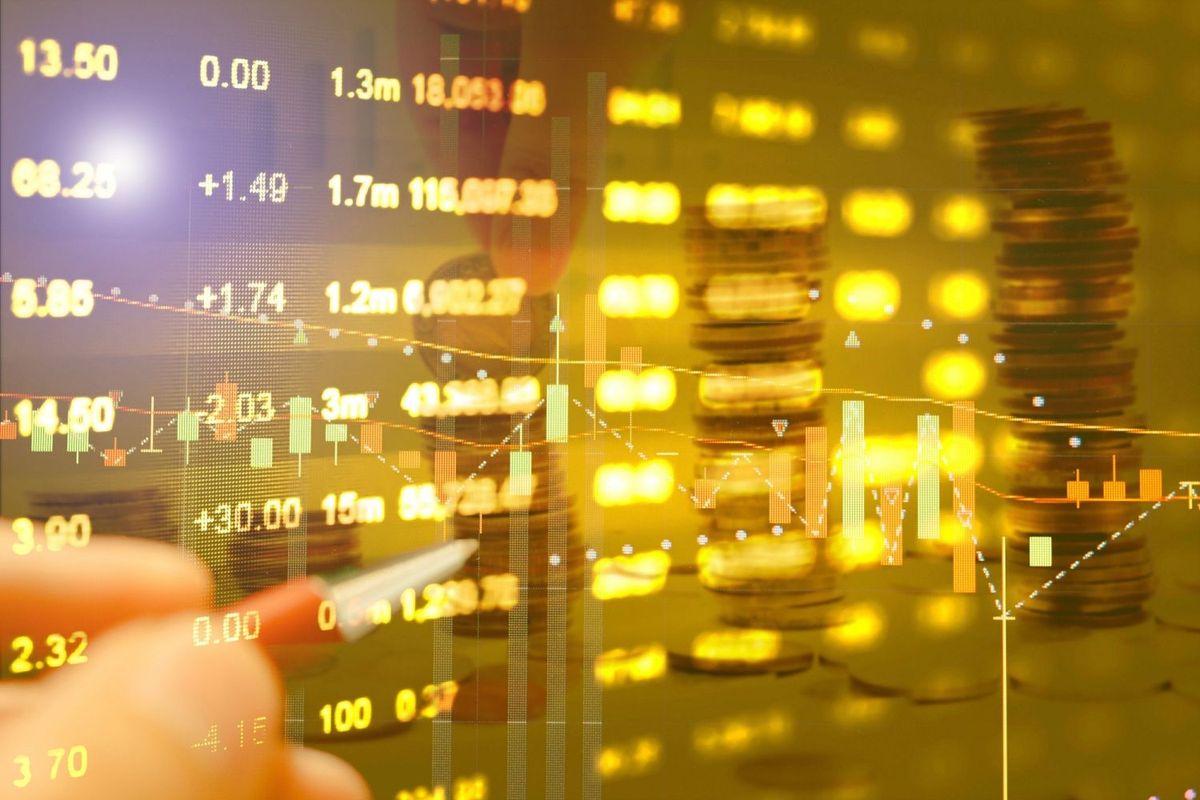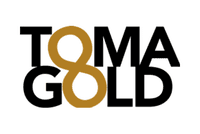What are Gold Futures?
Jun. 19, 2023 01:50PM PST
For those interested in the gold sector, gold futures can be a rewarding investment. Learn how to leverage this opportunity.

Vintage Tone / Shutterstock
For investors looking to step into the gold market, there are a number of ways to invest in the precious metal. One common strategy is through gold futures.
Putting it simply, futures are a financial contract between an investor and a seller. The investor agrees to purchase an asset from the seller at an agreed-upon price based on a date set in the future.
In 1972, the Chicago Mercantile Exchange launched futures trading in seven currencies, but it wasn’t until 1974 that the first gold futures contract was traded on the COMEX in New York. Since then, gold futures have continued to grow in popularity as an investment strategy on various stock markets.
How to invest in gold futures?
Gold futures provide the opportunity to trade the commodity without having to pay the full amount right away.
In a gold futures transaction, two parties agree on a price, the amount of gold being purchased and the future delivery month. In other words, gold futures can be described as a contract in which an individual agrees to take gold at a specific date by making an initial payment, with a deal set in place to complete the payment.
Gold futures are offered in 100 ounces, 33.2 ounces and 10 ounces, and are an alternative to bullion coins and mining stocks. They are also considered an alternative to investing in gold exchange-traded funds (ETFs).
There are two main types of gold ETFs: those that track any price changes that the metal goes through, and those that deal with investing in gold companies.
ETFs that follow the price of the yellow metal give investors access to gold by holding either physical gold bullion or gold futures contracts. It is important to note that investing in these gold ETF platforms does not allow investors to own any physical gold — even an ETF that tracks physical gold generally cannot be redeemed for actual gold.
Alternatively, ETFs that invest in gold companies provide exposure to gold-mining, development and exploration stocks, as well as gold-streaming stocks.
Many market participants invest in gold futures because in contrast to ETFs, futures are straightforward. Investors are able to buy or sell gold at their discretion without management fees, and taxes are split between short-term and long-term capital gains. Additionally, there are no third parties making decisions on the investor’s behalf, and at any time investors can own the underlying gold.
Where are gold futures traded?
In the US, investors can buy or sell gold futures contracts on the New York Mercantile Exchange (NYMEX) in contracts of 100 troy ounces that are quoted in US dollars per ounce. For example, US$1 equals US$100 per contract, with a minimum price fluctuation of 10 US cents, or US$10 per contract.
Typically, NYMEX contract months include February, April, June, August, October and December, with trading closing on the third to last business day of the delivery month.
Another place gold futures can be traded is the Tokyo Commodity Exchange, where the contract size is 1 kilogram per contract, which is approximately 32.15 troy ounces.
What are the risks and rewards of gold futures?
There are rewards and risks to gold futures investing, and it’s important for market participants to use their own discretion when making any investment decision.
Here are some tips for investors to keep in mind when considering this opportunity.
Rewards of gold futures investing
- As mentioned, trading gold futures allows investors the flexibility of paying a certain amount when a deal is made, and then paying the remaining amount on the agreed-upon date.
- That means if investors are able to sell quickly, it’s probable they will never pay for all the gold they purchased. Rather, they will likely pay a small percentage upfront, while any loss will be adjusted on a downpayment and paid back in net.
- Tracking the worth of a futures contract is as easy as simply following the exchange price.
- Investors don’t need to keep gold futures stored anywhere — at least as long as they don’t take possession of the physical gold.
Risks of gold futures investing
- The gold futures market can be volatile, which means there is the possibility for collapse.
- On that note, the gold price is constantly fluctuating. This means that an investor may lose money if there is a large drop in the price from the time their agreement is made to the date of delivery.
- Similarly, gold futures have a “built-in” price differential, which can skew their true value. For example, if an investor signs a futures contract at US$1.50 above the gold price 30 days before closing, its value will drop approximately US$0.05 per day until the closing date.
- Default risk — which means someone may be entitled to a profit, but can’t collect it.
Who should invest in gold futures?
Gold futures come with big rewards and big risks, meaning they certainly aren't for everyone. That being said, CME Group notes that they “provide global gold price discovery and opportunities for portfolio diversification.”
CME Group further adds that there are ongoing trading opportunities associated with gold futures, and says they are an alternative investment opportunity from stocks, coins and gold bullion.
This is an updated version of an article first published by the Investing News Network in 2016.
Don’t forget to follow us @INN_Resource for real-time news updates!
Securities Disclosure: I, Melissa Pistilli, hold no direct investment interest in any company mentioned in this article.
From Your Site Articles
- An Overview of Gold Investing and Prices | INN ›
- A Guide to Physical Gold as an Investment | INN ›
- What is the Gold Spot Price? | INN ›
- 5 Basic Facts About Gold ›
- How to Use Gold Investments as a Hedge ›
Related Articles Around the Web
https://twitter.com/INN_Resource
https://www.linkedin.com/in/melissa-pistilli-865271a9/
mpistilli@investingnews.com






